Parkinson’s Foundation Announces Five New Members of its People with Parkinson’s Advisory Council
NEW YORK & MIAMI (June 13, 2018) — The Parkinson’s Foundation today announced five new members of its People with Parkinson’s Advisory Council. The council consists of people living with Parkinson’s disease and care partners who contribute their personal perspectives and experiences with the disease to ensure that all foundation programs and priorities are based on real-world needs and evidence.
“One of the fundamental ways the Parkinson’s Foundation serves its community is through the People with Parkinson’s Advisory Council,” said John Lehr, Parkinson’s Foundation president and chief executive officer. “We welcome our five new advisors who have the expertise and leadership within their communities to help us make life better for people with Parkinson’s.”
The advisory council’s newest members have a diverse background of professional skills and experiences:
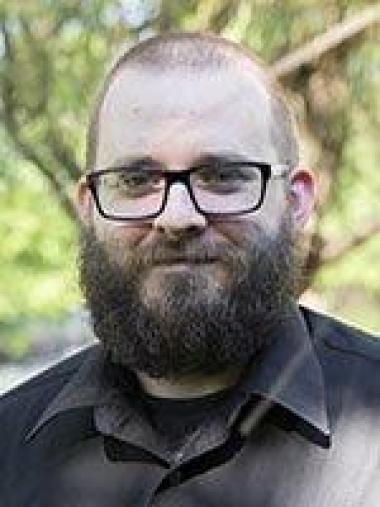
Justin Fields, MBA, of Knoxville, TN
In addition to working full-time, Fields, who is living with young-onset Parkinson’s, strives to expand local Parkinson’s support groups to foster awareness and community outreach.
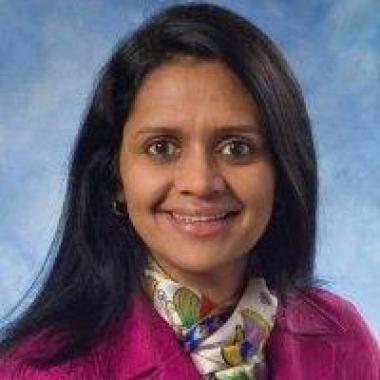
Radhika D. Iyer, JD, MSW, of Durham, NC
Iyer, a social worker, lawyer and health care technologist living with Parkinson’s, previously served as a board member on the Parkinson’s Foundation Western New York. Iyer helps people with Parkinson’s use technology, such as applications, to better manage their symptoms.
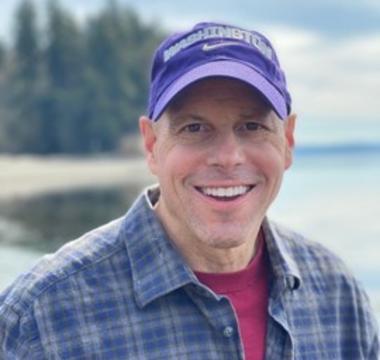
Glenn Kasman, MS, of Mercer Island, WA
A retired healthcare executive and textbook co-author, Kasman has remained active within his local Parkinson’s support groups and as a peer mentor since his initial Parkinson’s diagnosis in 2015.
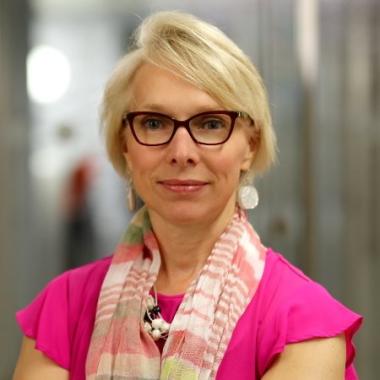
Gretchen Rosswurm, MS, of Irving, TX
Vice president of philanthropy for Celanese Corporation, Rosswurm is living with Parkinson’s. She blogs and writes short fiction.
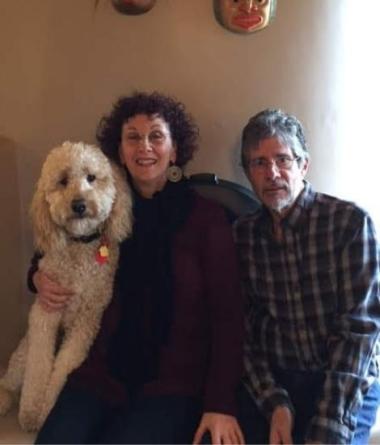
Karen St. Clair, of Santa Fe, NM
Retired CEO, St. Clair and her husband, Rob St. Clair, who is living with Parkinson’s, started a support group. She is a board member on the New Mexico Parkinson’s Coalition.
In addition to the five new PPAC members, as of June 1, the council appointed Kelly Sweeney of Portland, Ore., as the chair, and Leslie Peters of Colorado Springs, Colo., as vice chair.
“The People with Parkinson's Advisory Council provides a vital perspective to the Parkinson's Foundation,” said Kelly Sweeney, PPAC chair. “As people living with Parkinson’s and care partners, our voice is represented, and our needs are understood through PPAC. Our input is aimed at improving quality of life and impacting science to slow or even cure this debilitating disease.”
In 2006, the Parkinson’s Foundation became the first organization to establish a patient leadership group instrumental to establishing programs and research initiatives. A total of 15 PPAC members guide Parkinson’s Foundation priorities, identify unmet needs, provide input on programs, and serve as liaisons to the community.
###
About the Parkinson’s Foundation
The Parkinson’s Foundation makes life better for people with Parkinson’s disease by improving care and advancing research toward a cure. In everything we do, we build on the energy, experience and passion of our global Parkinson’s community. Since 1957, the Parkinson’s Foundation has invested more than $400 million in Parkinson’s research and clinical care. Connect with us on Parkinson.org, Facebook, Twitter, Instagram or call (800) 4PD-INFO (473-4636).
About Parkinson’s Disease
Affecting an estimated one million Americans and 10 million worldwide, Parkinson’s disease is the second-most common neurodegenerative disease after Alzheimer’s and is the 14th-leading cause of death in the U.S. It is associated with a progressive loss of motor control (e.g., shaking or tremor at rest and lack of facial expression), as well as non-motor symptoms (e.g., depression and anxiety). There is no cure for Parkinson’s and 60,000 new cases are diagnosed each year in the U.S. alone.